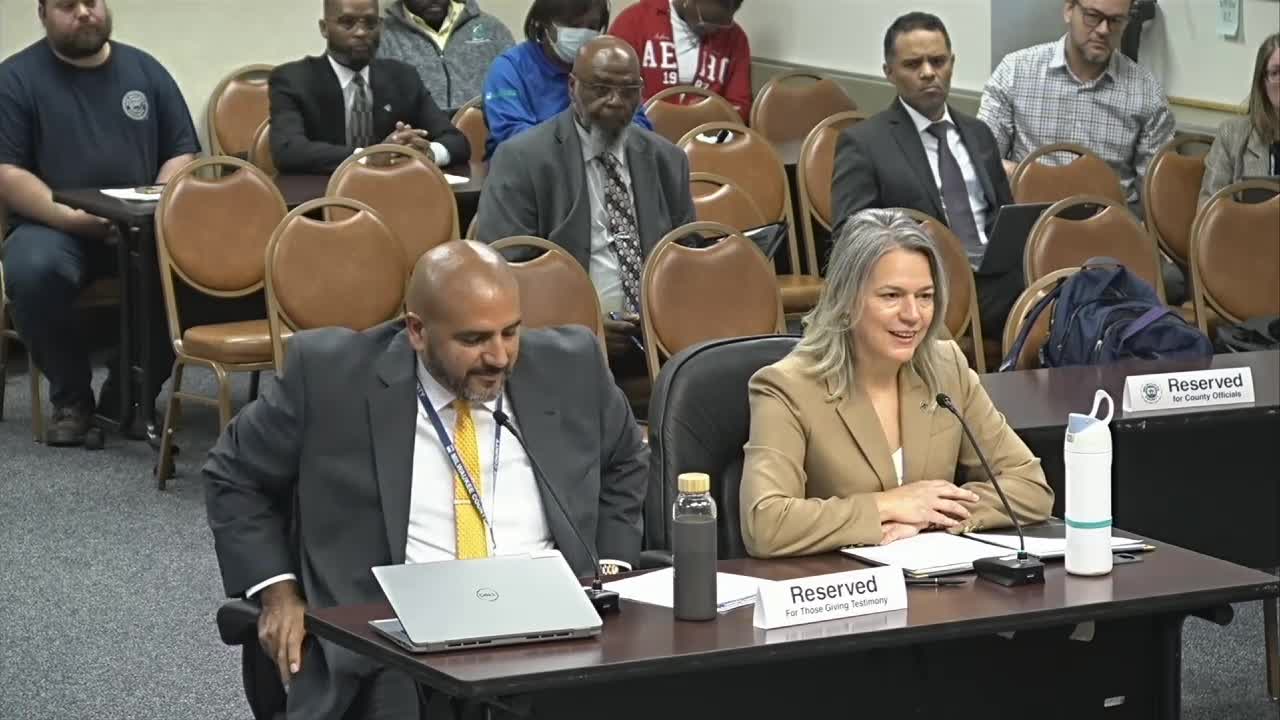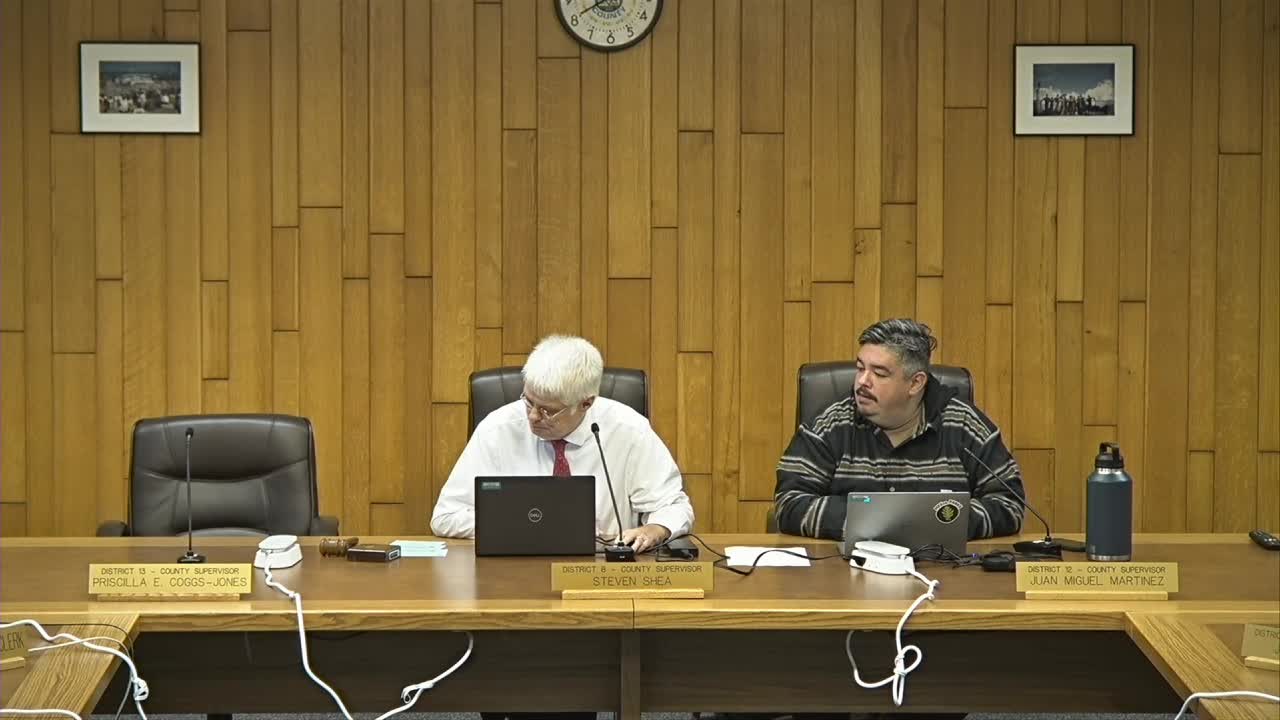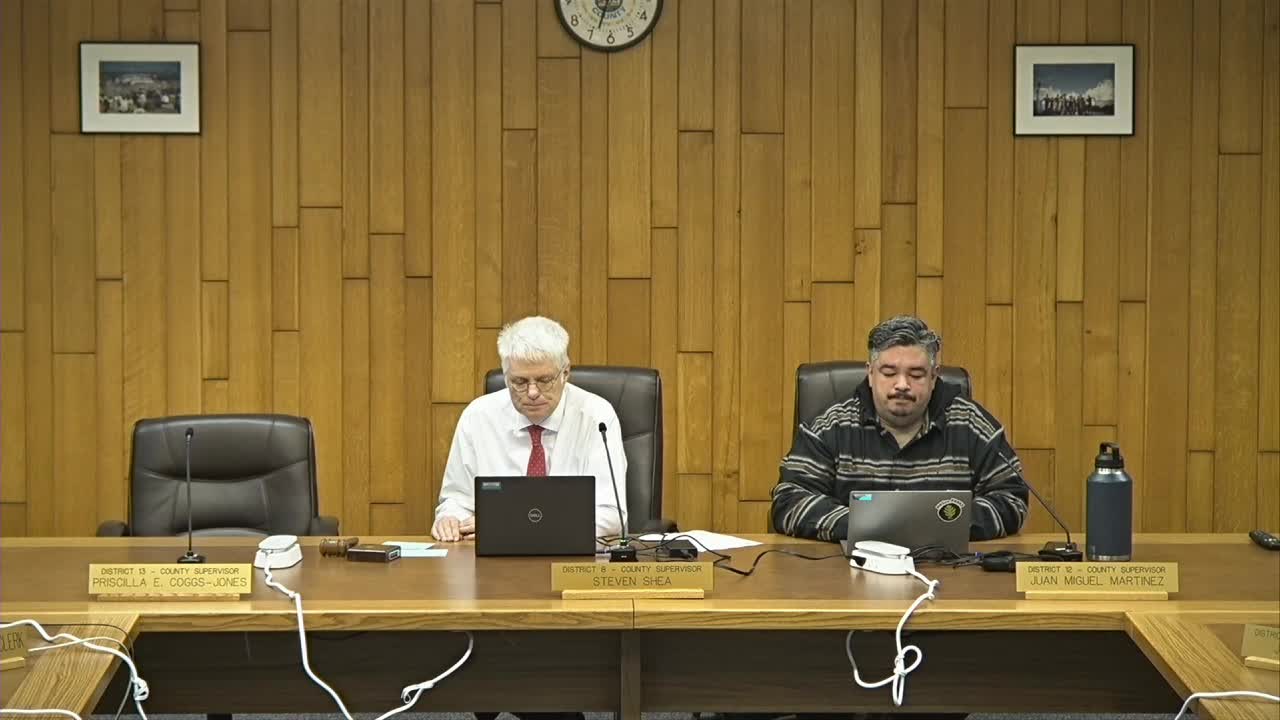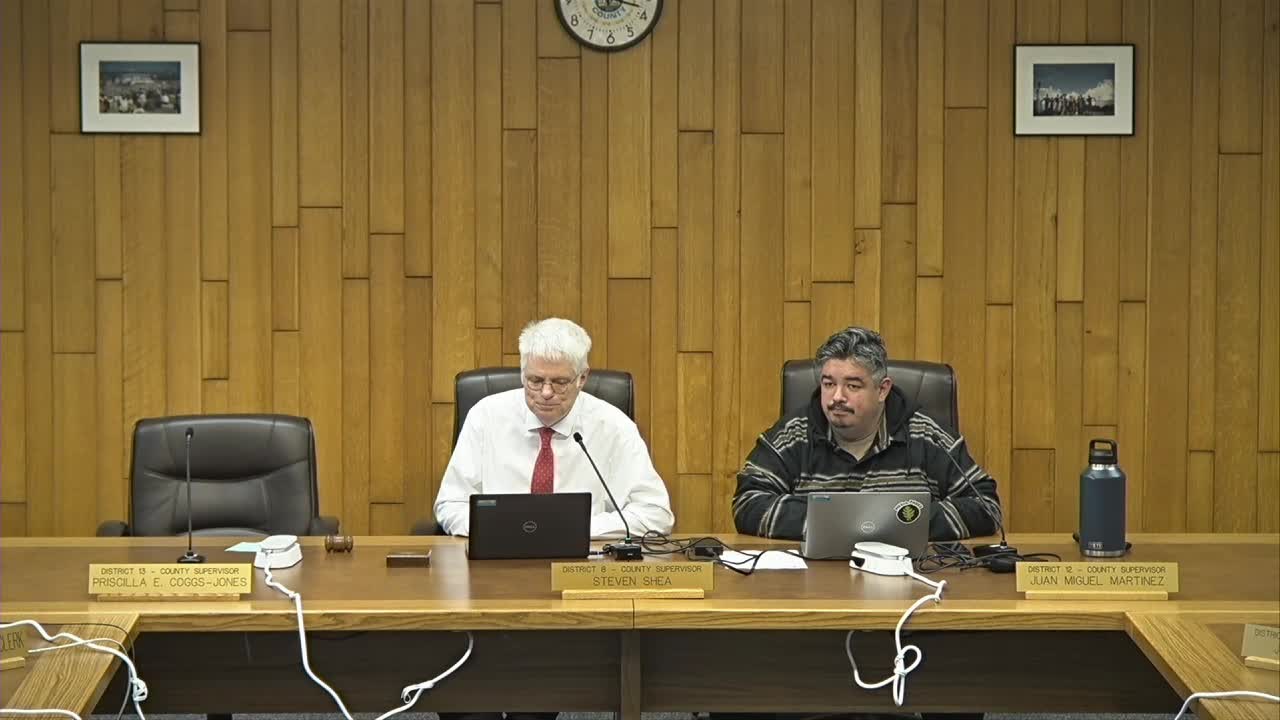Article not found
This article is no longer available. But don't worry—we've gathered other articles that discuss the same topic.

County to reallocate $800,000 in grant funds to study 30th Street corridor feasibility

Milwaukee County transit officials outline $9.2 million 2025 shortfall; public, unions press for fixes on contractor performance, paratransit and fare evasion

County staff seek to recognize $19.88 million in delayed federal transit revenues and move funds into debt service reserve

County committee confirms Isaac Rowlett to Southeastern Wisconsin Regional Planning Commission

County seeks new janitorial and unarmed security contracts for airport and DOT facilities; procurement noted as competitive

